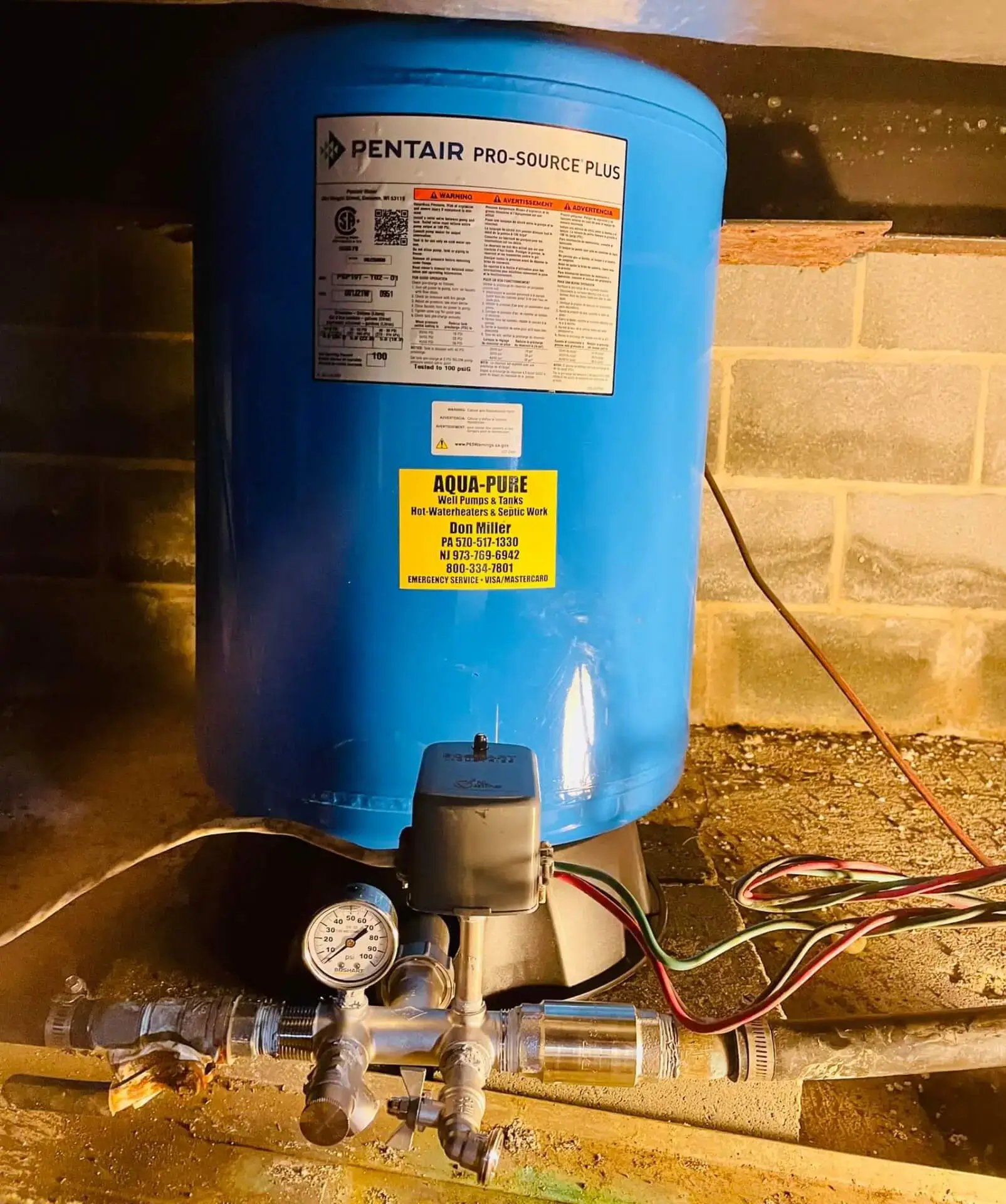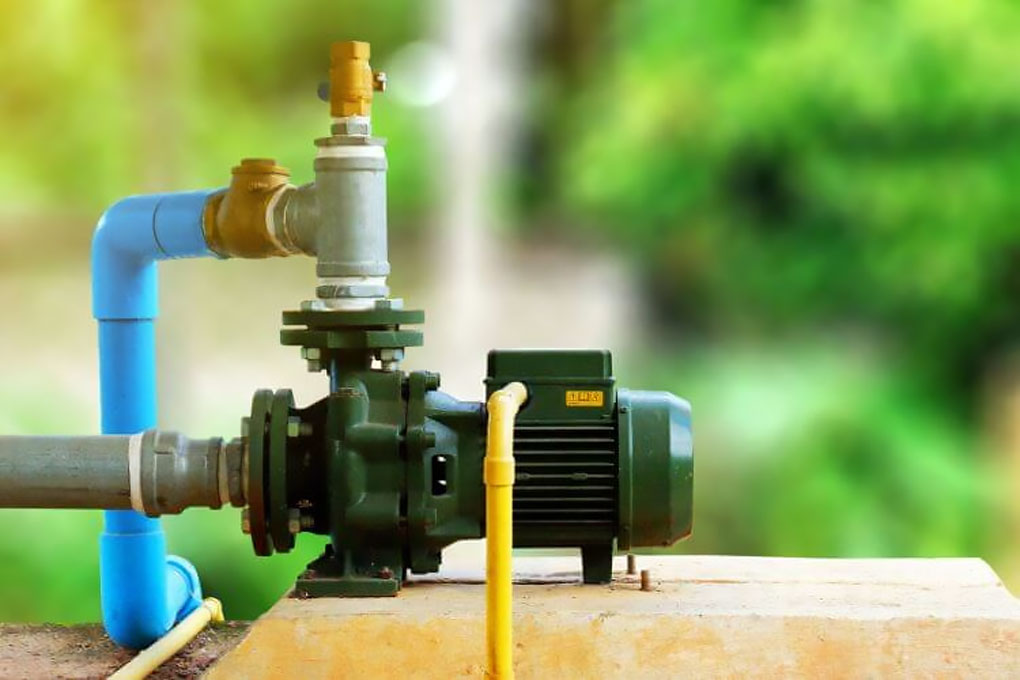Top Notch Water Filtration Systems: Making Certain Clean and Pure Drinking Water
Top Notch Water Filtration Systems: Making Certain Clean and Pure Drinking Water
Blog Article
Understanding the Trick Components of Effective Water Purification Systems

Importance of Water Filtering Solution
Water purification systems play a crucial duty in making certain accessibility to clean and safe alcohol consumption water by efficiently removing impurities and impurities. These systems are vital in dealing with the expanding worries over water quality and the possible health and wellness risks connected with consuming infected water. By using various purification mechanisms such as reverse osmosis, turned on carbon, and UV sterilization, water filtration systems can efficiently get rid of damaging substances like microorganisms, viruses, hefty metals, and chemicals from the water.
Furthermore, water purification systems help to boost the preference and odor of water by removing chlorine, sediments, and other toxins that can affect its high quality. Well Pump Replacement. This enhancement in water high quality not only makes it much more tasty but additionally motivates individuals to consume an adequate quantity of water daily, promoting much better hydration and total health
Kinds Of Purification Elements

Physical filters are made to literally strain out pollutants from the water. These filters can be made from products like ceramic, carbon, or even sand, and they work by trapping fragments bigger than the filter's pores as water goes through.
Chemical filters utilize different chemical processes to eliminate pollutants from the water. Instances consist of turned on carbon filters, which adsorb pollutants, and reverse osmosis membranes, which use pressure to separate pollutants from the water.
Biological filters use living organisms like algae or germs to damage down raw material and toxins in the water. These filters are frequently made use of in wastewater therapy plants or all-natural water filtration systems.
Recognizing the various kinds of filtering elements is vital for picking one of the most appropriate water filtering system for certain purification demands.
Feature of Debris Filters
Sediment filters play a critical role in water purification systems by effectively recording solid bits put on hold in the water. These filters are typically the initial line you can try here of defense in a filtration system, removing larger particles such as sand, silt, dust, and corrosion before the water moves through finer purification phases. By capturing these debris, the filters stop them from reaching downstream parts, therefore extending the lifespan and efficiency of the whole system.
The function of sediment filters is crucial in preserving water quality and shielding delicate equipment from damages triggered by particles. In addition, by getting rid of visible particles, sediment filters enhance the quality and taste of the water. Routinely cleansing or replacing debris filters is vital to ensure optimum efficiency. Overlooking this upkeep can result in obstructing, decreased water circulation, and compromised filtering efficiency. Generally, debris filters are vital components that contribute substantially to the efficiency of water filtration systems.
Function of Turned On Carbon Filters
Playing an important duty in water filtration systems, activated carbon filters contribute in getting rid of impurities and pollutants from the water system. These filters are made to adsorb and trap a variety of pollutants, including chlorine, volatile organic compounds (VOCs), pesticides, and herbicides. The triggered carbon product has a huge surface location, enabling the efficient trapping of pollutants with a procedure called adsorption. As water goes through the filter, the turned on carbon holds and brings in onto the contaminations, making certain that the water that appears beyond is cleaner and more secure for intake.
Turned on carbon filters are highly effective at boosting the taste and smell of water by decreasing chemicals that can affect its high quality. Due to their versatility and integrity, activated carbon filters are a vital component in making certain that water is cleansed to the highest possible requirements prior to getting to consumers.
Recognizing Reverse Osmosis Systems
Reverse osmosis systems are innovative water filtering systems that use a sophisticated procedure to remove pollutants and impurities from alcohol consumption water. These systems function by applying stress to the water, forcing it through a semi-permeable membrane layer. This membrane functions as an obstacle, allowing just distilled water molecules to go through, while obstructing bigger molecules such as minerals, chemicals, and other contaminations. Consequently, the water that appears on the other side is considerably cleaner and safer for usage.
One trick advantage of reverse osmosis systems is their ability to remove a large variety of impurities, consisting of heavy metals, dissolved viruses, navigate to this site germs, and solids. This makes them extremely reliable in boosting the total top quality and safety of drinking water. Additionally, reverse osmosis systems are relatively low-maintenance and can be installed under the sink or in a central filtering system, supplying hassle-free accessibility to tidy water throughout the family. On the whole, understanding how reverse osmosis systems work can help individuals make informed choices concerning their water purification demands.
Conclusion
In conclusion, efficient water filtration systems are essential for making certain safe and tidy alcohol consumption water. By comprehending the feature and function of each part, people can make enlightened decisions when picking a water filtering system.
Water purification systems play a critical function in ensuring access to risk-free and clean drinking water by effectively eliminating pollutants and contaminants. By using numerous filtration systems such as reverse osmosis, activated carbon, and UV sterilization, water filtration systems can effectively remove harmful compounds like microorganisms, viruses, heavy metals, and chemicals from the water supply.
Sediment filters play a crucial role in water filtering systems by successfully recording strong particles suspended in the water (Water Filtration Systems).Playing a vital duty in water purification systems, triggered carbon filters are critical in getting rid of contaminations and impurities from the water supply.Reverse osmosis the original source systems are advanced water filtration systems that use an innovative procedure to get rid of contaminants and impurities from drinking water
Report this page